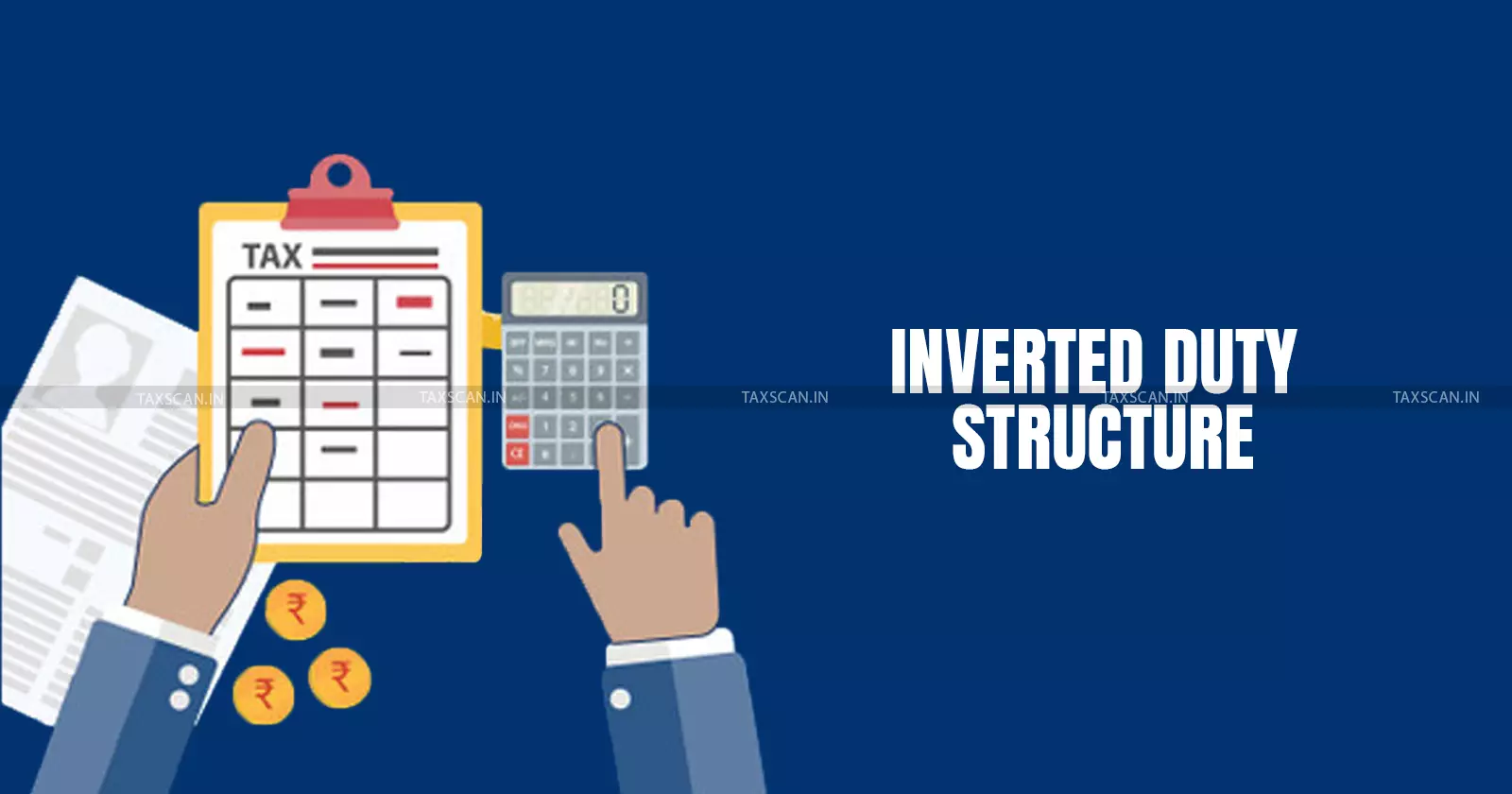56 th GST Council recommends Provision for Risk Based Provisional Sanction of Refunds arising out of IDS
The new proposal is intended to improve cash flow and boost corporate operations by swiftly releasing a sizable amount of frozen funds, giving enterprises immediate relief.

The 56th GST Council meeting held on 3rd September has recommended the amendment of provision for risk-based provisional sanction of refunds arising out of the inverted duty structure (IDS).
The Finance Minister, Nirmala Sitharaman, has said that the Council recommended amending section 54(6) of the CGST Act, 2017 to allow for the provisional approval of 90% of refund claims in situations resulting from an inverted duty structure. This would be comparable to what is already allowed for refunds regarding zero-rated supplies.
The Central Board of Indirect Taxes and Customs (CBIC) will issue instructions to Central Tax field formations for the granting of provisional refunds equal to 90% of the amount claimed as refund, arising out of Inverted Duty Structure, based on the identification and evaluation of risk by the system, as in the case of provisional refunds on account of zero-rated supplies, the Central Government has decided, pending the necessary amendments in the CGST Act, 2017. This will go into effect on November 1st, 2025.
What Is Inverted Duty Structure (IDS)?
When the items and Services Tax (GST) rate on inputs (raw materials, components, and services) is greater than the GST rate on outputs (finished items), this is known as an Inverted Duty Structure (IDS). The taxpayer's electronic credit ledger accumulates unutilized Input Tax Credit (ITC) as a result of paying more GST on their purchases than they do on their sales.
This situation frequently occurs in industries where raw materials are subject to greater taxes than the finished output, such as textiles, renewable energy, and fertilizers. For instance, a producer may sell the final product at 5% GST while paying 18% GST on a component. The business can request a return from the government for the blocked operating capital represented by this accumulated credit.
Impact of New Provision Help?
The goal of the new option for risk-based interim sanction of refunds is to alleviate the liquidity problems that these frozen funds have caused for enterprises. You can disburse a portion of the refund on a provisional basis rather than waiting for a thorough audit and final approval of the refund claim.
Since the "risk-based" approach considers the taxpayer's compliance history and other risk factors, the provisional refund is given following an initial review of the application. For legitimate taxpayers, this aids in detecting and expediting refunds, while for those deemed high-risk, a more thorough investigation can be carried out.
Support our journalism by subscribing to Taxscan premium. Follow us on Telegram for quick updates


